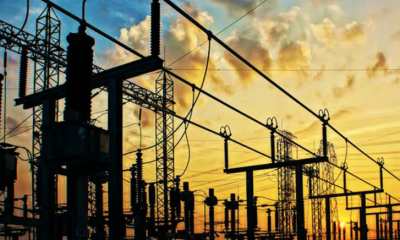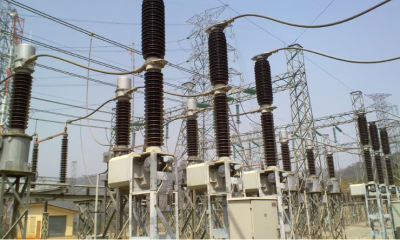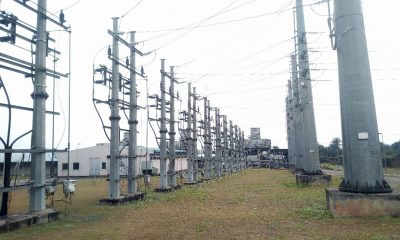THE Nigerian Electricity Regulatory Commission has said it will not hesitate to sanction any DISCOs or GENCOs that fails to observe their contractual agreement terms for privatization.
Acting head of NERC, Dr. Anthony Akah stated this recently in an interview, stressing that henceforth, all Discos and Gencos operating in the country would be bound by their contractual terms which they signed during the privatization process.
He emphasized that regulatory agencies would now hold the operators accountable for contractual obligations under the Transitional Electricity Market framework. “Where a Disco does not take its allocation for any reason other than System Operator’s SO instructions, that Disco shall compensate TCN for any attributable loss in revenue,” he stated.
He said there had been reports that some Discos were turning down their electricity load allocations thereby leading to low supply to consumers.
Akah however stated that the Discos would be compensated by the TCN for any imbalance in revenue resulting from TCN’s inability to deliver allocated energy due to transmission grid constraints.
The NERC boss has also stressed that the sanctity of the Discos’ performance agreement with the Bureau of Public Enterprises, BPE was not negotiable; declaring that with the new Multi Year Tariff Order, MYTO that would take effect from February 1, distribution companies would no longer have excuses not to improve on services.
“The commission has utmost respect for the National Assembly, Judiciary and other bodies and is working towards addressing all concerns. This new tariff which is based on a realistic market pricing will improve the quality and quantity of electricity delivered to customers. It will also provide a fair return on investment for the operators. The tariff order has a robust customer protection mechanism,” he promised.
Akah stated that the Discos did not have a cost reflective tariff as mandated by the EPSR Act (2005) and as required by their sales and performance agreements. He claimed that Discos could not carry out necessary investment programmes to improve on their network services, reduce system losses and meter all their customers.
“Discos were rejecting electricity (energy) supplied from generation companies through the Transmission Company of Nigeria (TCN) due to poor capacity of their networks. Discos were also unable to settle market invoice in full for energy received due to tariffs being non cost- reflective,” he added.

 Comments and Issues2 days ago
Comments and Issues2 days ago
 Business6 days ago
Business6 days ago
 Business1 week ago
Business1 week ago
 Business1 week ago
Business1 week ago
 Business5 days ago
Business5 days ago
 Education7 days ago
Education7 days ago
 News6 days ago
News6 days ago
 Comments and Issues5 days ago
Comments and Issues5 days ago















